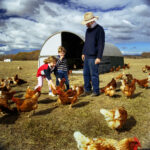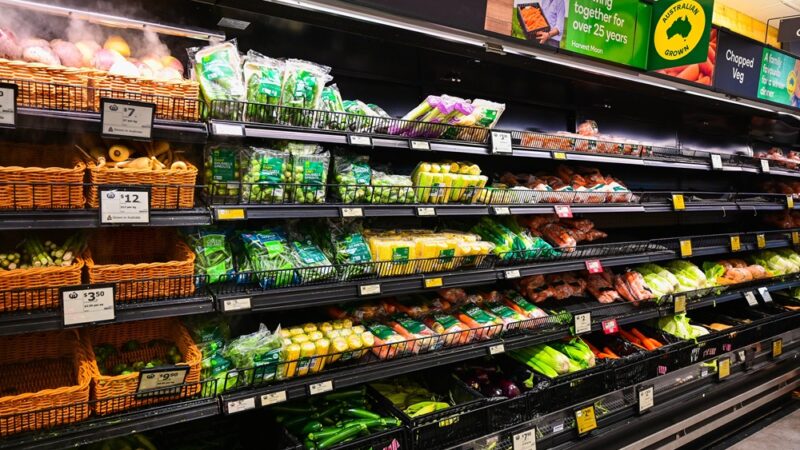Charles Sturt University Emeritus Professor in Agriculture Jim Pratley says agriculture-related degrees are booming in…
Brewers dealing directly with Aussie barley growers
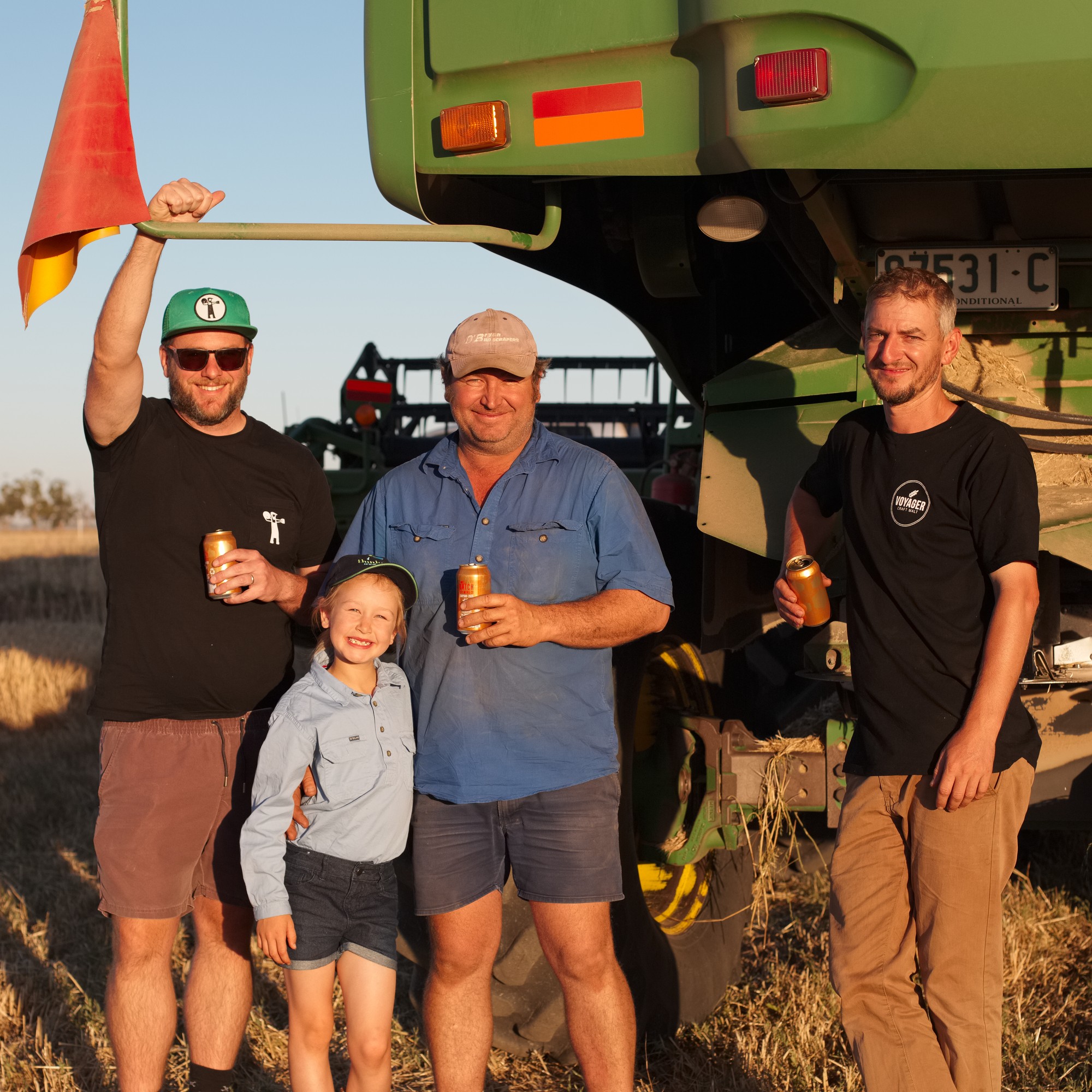
Asahi, the owner of beer giant Carlton & United Breweries, made headlines recently when it re-wrote its supply chain arrangements so it could source 90 per cent of its malting barley direct from growers in New South Wales and Victoria.
This means Asahi will now source 40,000 tonnes of barley direct from seven growers in southern New South Wales with northern New South Wales growers expected to sign on before this year’s harvest.
A further 40,000 tonnes is also being sourced through 30 Victorian growers.
Asahi Beverages Group Chief Brewer, Jaideep Chandrasekharan, said this gives the brewer clear oversight into the production process of the barley used.
It also means Asahi can track provenance � an increasingly in-demand attribute that consumers are more often wanting to know about.
�Barley malt is the heart and soul of beer and has a defining influence on the taste, colour, aroma and foam. Australian malting barley is of the highest quality and sourcing it direct from farmers is an important change for our national operations and also the dozens of farmers we�ll purchase from,� Mr Chandrasekharan said.
�Under the old model the grains we purchased generally weren�t segregated but this program allows us to track the provenance of barley used to brew our major beers and gives us direct relationships with more farmers.�
Brewers and barley: from little things big things grow
Similar supply chain models are also happening in the premium small batch craft beer end of town with Riverina barley producers, Chris and Samantha Greenwood of Coleambally, reaping the rewards.
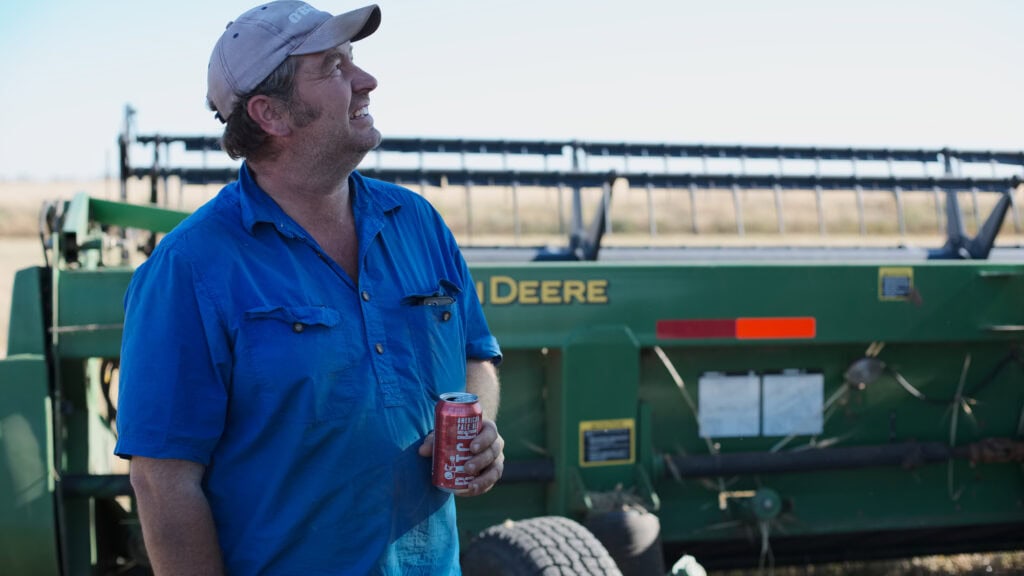
The trend looks set to grow with Independent Brewers Association General Manager, Kylie Lethbridge, telling The Muster the sector has grown exponentially since 2016 with over 600 craft breweries tipping $1.93 billion annually into the national economy.
As this market develops, barley growers are increasingly working with brewers to grow certain varieties with specific flavour profiles which in turn means they can attract a premium price for their product.
This also puts the farmer front and centre in the brewer’s story, a win for community awareness about food and fibre production and the brewer.
Once such brewer is Sydney�s Batch Brewing Company, which sells its beers through two cellar doors in Marrickville as well as through a network of bars, pubs and bottle shops across New South Wales.
Each year Batch Brewing Company buys about 150 tonnes of premium malting barley direct from the Greenwoods and has it malted at Voyager Craft Malt in nearby Barellan. The barley is segregated and malted separately giving it 100 per cent traceability back to the Greenwood’s farm.
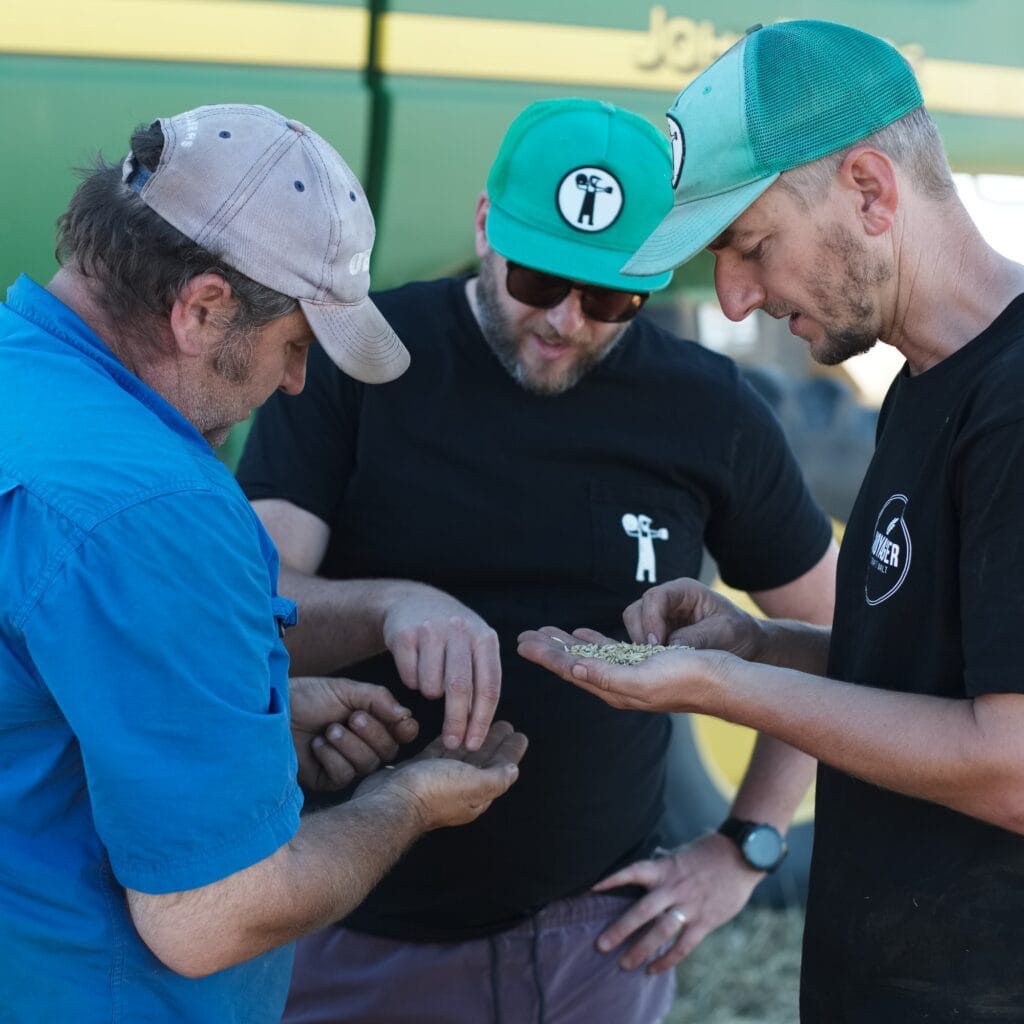
Batch Brewing co-founder, Andrew Fineran, says his relationship with the Greenwoods is crucial to his beer. This even extended to him helping out with the recent harvest and it could also be said he watches the rainfall in Coleambally as closely as the Greenwoods do.
�Going down for harvest meant I was able to harvest some of the organic barley that we are now brewing with, which is very cool,� Mr Fineran told The Muster.
For Mr Fineran this is a perfect match for Batch Brewing’s ethos of buying locally grown products that are close to home.
�Most of the malt we use is from the Riverina and there is only a short distance from where it is grown to where it is malted and then it comes to us so there are no big warehouses. The barley is organic and the people who are malting it do a great job,” Mr Fineran said.
�We also buy barley from a farm on the South Island of New Zealand. We are not buying any barley or malt from the US or Europe. It is one source in New Zealand or the Riverina.�
Mr Greenwood supplies barley for Batch Brewing Co and Wildflower, another craft brewer in Sydney. He says there are significant benefits from working direct with brewers.
For example, this year – on advice from the brewers – he is experimenting with not using lime on his paddocks after he learned this may be increasing pH levels in the brewing process.
“This year we have barley going into a paddock that we are not putting any lime on, to see if that makes a difference. Without the link we have we wouldn’t know this was even an issue. Our soil is very acidic so we have to keep putting lime on it, and we would have just kept doing it,” Mr Greenwood told The Muster.

Photo credit organically_greenwood on Instagram
Sitting in a Marrickville cellar door and seeing the public enjoy the beer made with his barley is also something else, he says.
“It is surreal to go somewhere where we are held in such high regard. They say we do the magic and that we do the hard work. Stu (from Voyager) has this analogy where he says it takes seven minutes to drink a beer, seven minutes to brew it and seven months to grow it and seven years of planning to get that paddock in shape to grow that crop,” Mr Greenwood said.
“We know that is actually our barley in that beer. It is really nice to have the connection because we know where it is going.”
He and his wife, Samantha, bought their 4,000 acre farm in Coleambally about six years ago and since doing so have switched from conventional to organic farming. They grow a mix of organic winter cereals including wheat, barley and oats. They also grow soybeans, sunflower, millet and some legumes, as well as lucerne, in the summer.
Well-deserved recognition for farmers
NSW Farmers Grains Committee Chair, Matthew Madden, says having the farmer’s part of the process recognised is a great thing but it is important that growers selling to premium brands also attract a premium price.
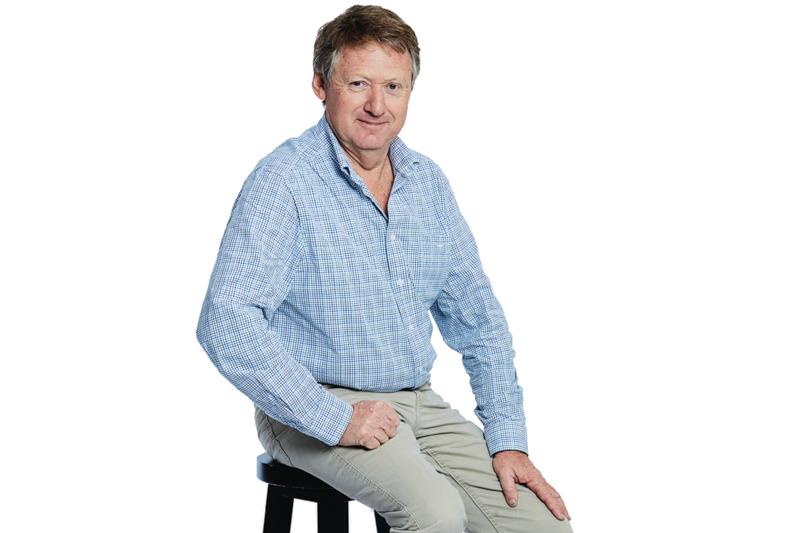
�We would like to think if growers are selling to premium brands for premium products, then there should also be a premium price attached to that – especially as those growers have gone the extra mile to produce exactly what the brewer is after,� Mr Madden said.
�It is certainly growing in popularity because there is a huge interest in craft beers and consumers are becoming more aware and they want to see the provenance of the barley.
�Farmers pride themselves on growing certain quality of grain and it just disappears so this is another way of growers being recognised for what they do and if the consumer wants something, growers will provide it.”
NSW Farmers Grains Committee Chair, Matthew Madden.
If you enjoyed this story on brewers and barley, you might enjoy our feature about how beers from the bush are booming.



